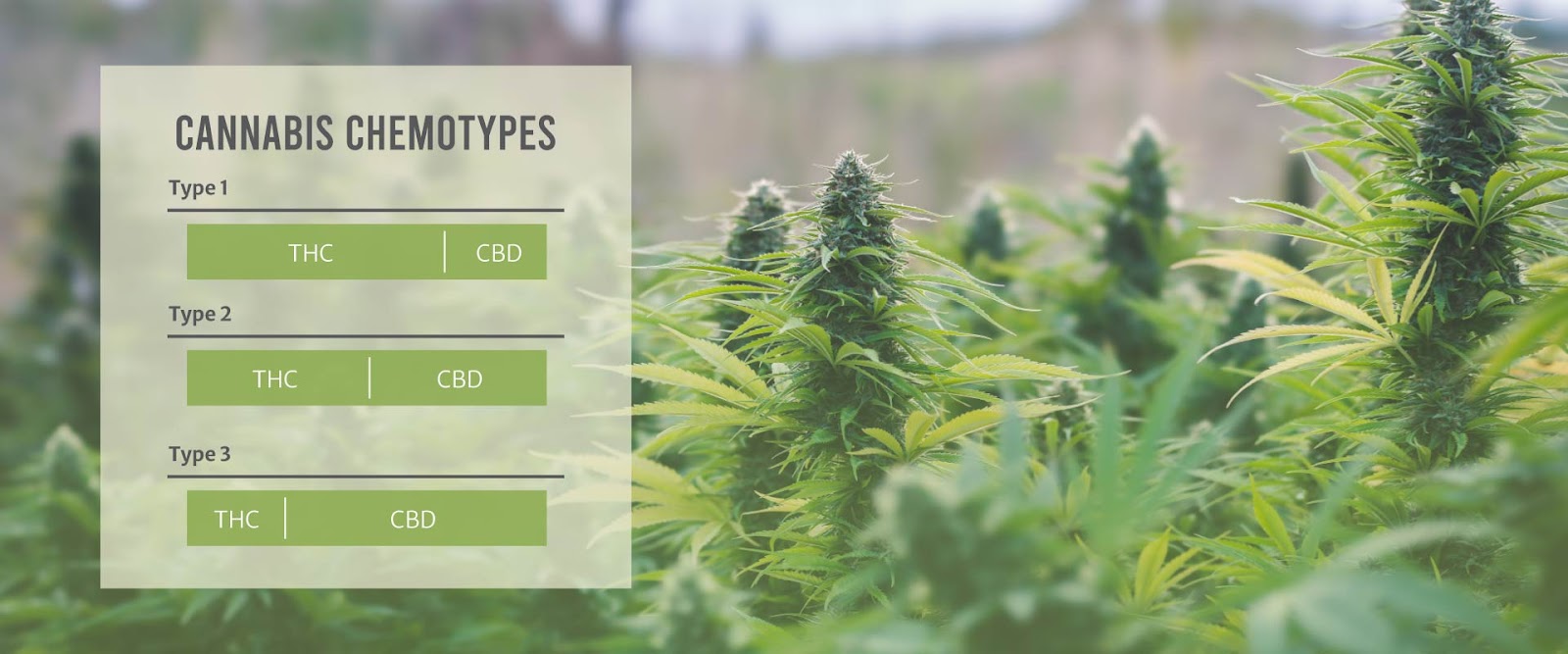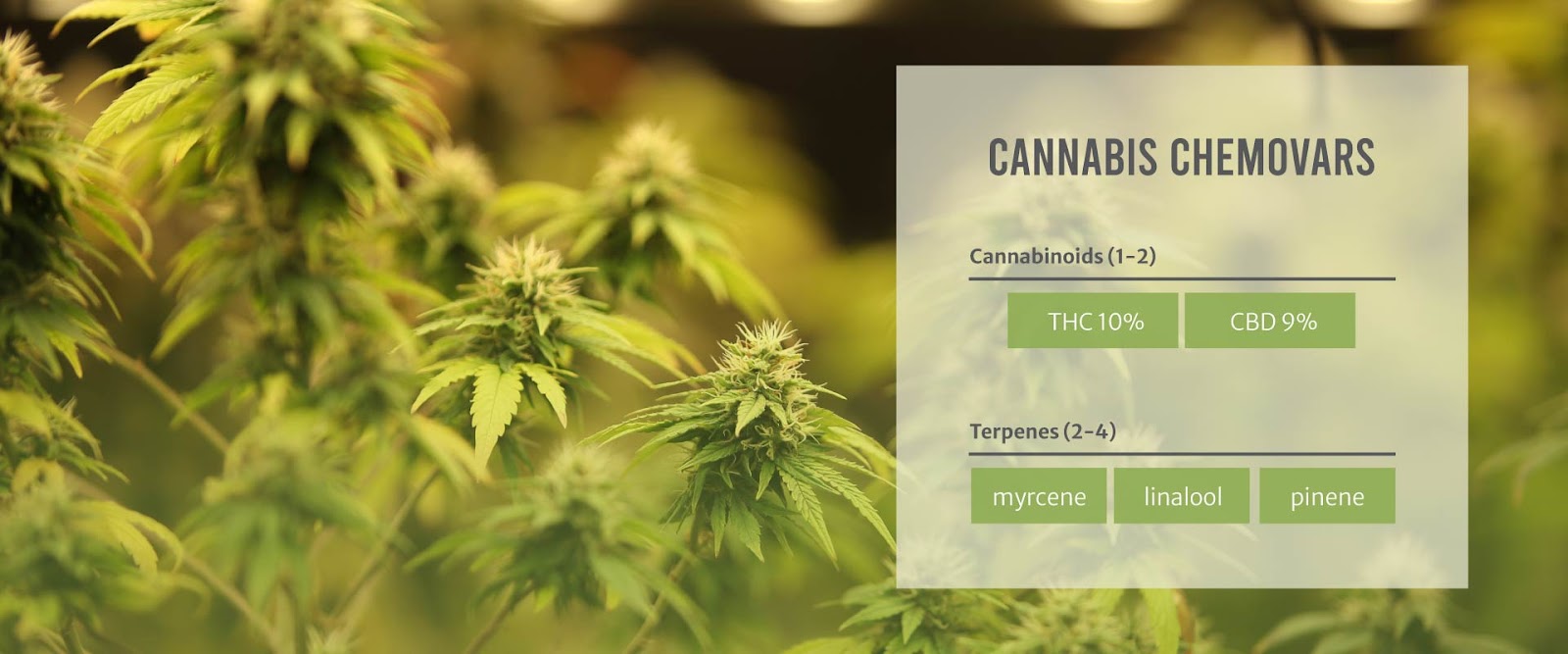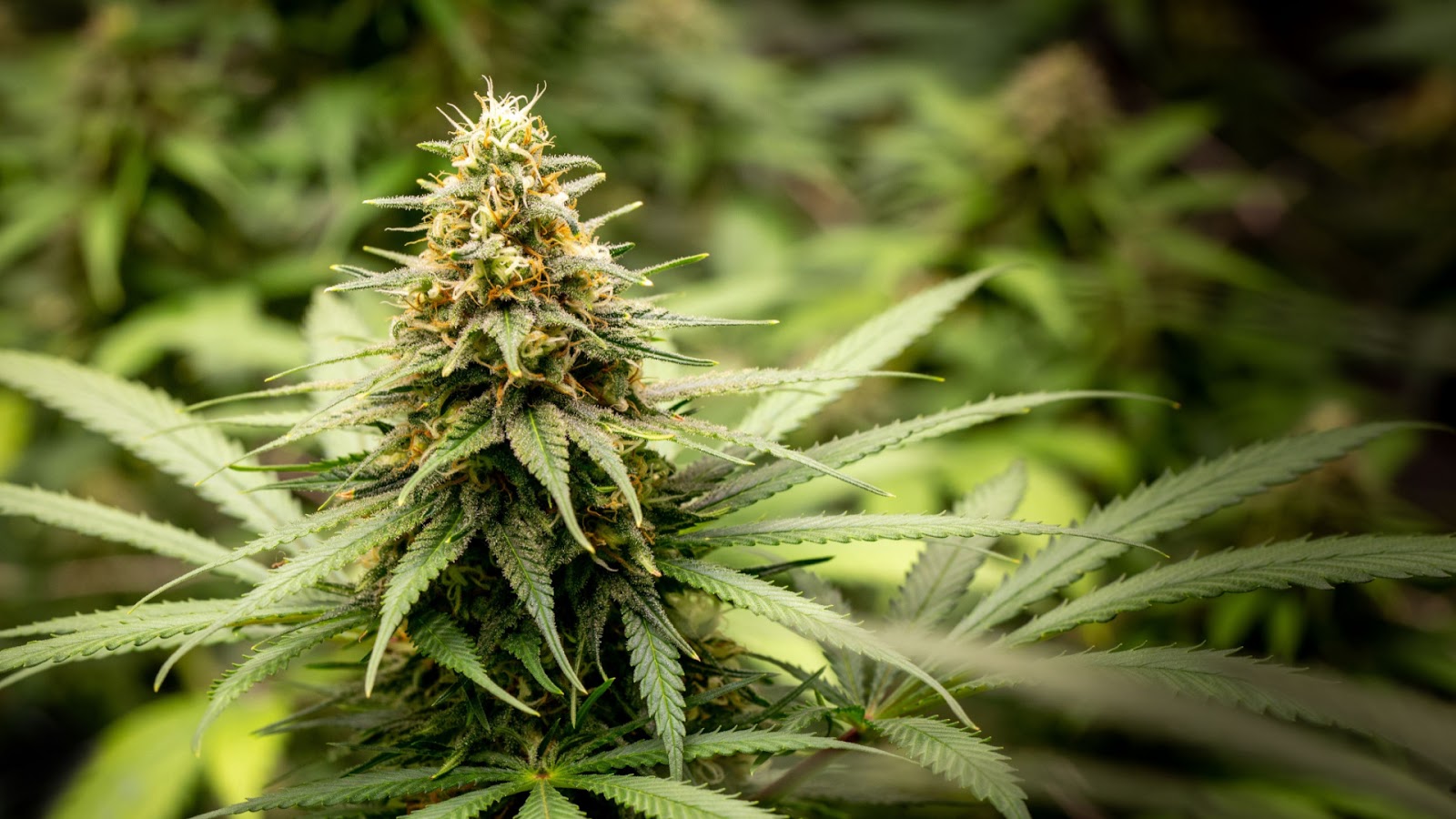Your Guide to Cultivars, Chemotypes, and Chemovars
It’s just a plant, correct? How complex can it be? Perfectly, it turns out that cannabis is extremely intricate. The a lot more we understand, the extra queries we have, and several instances the legal market place is even now properly powering science. Sativa, indica, and hybrid are lazy promoting methods utilised to tell individuals how they ought to experience with specific strains of cannabis. Still, which is a slender look at of classifying the plant’s consequences. So, if you’re ready to consider your weed know-how to the future amount, let’s dive into cultivars, chemotypes, and chemovars.
Cannabis Groups are Advanced
Have we been employing the erroneous terms to classify cannabis? Form of, but it’s not all off base. While there is a extra correct way to describe how a plant grows, what it is manufactured of, and how it will have an affect on you. The phrases cultivars, chemotypes, and chemovars will assistance you comprehend a little bit more about the plant. At the incredibly least, it will be an interesting topic to talk about in excess of your up coming smoke session.
What Are Cannabis Cultivars?
You have most likely viewed this term employed to describe factors at greenhouses, back garden outlets, or any place you may invest in vegetation. Not just weed vegetation but tomatoes, fruits, herbs, and other meals have unique “cultivars.” It’s a phrase made use of to explain the modification of a plant. Essentially, a cultivar is like a wide variety, and it arrived to be by selective breeding more than time.
It describes different plant qualities that exist inside of the very same species. Someplace along the line, we begun working with the term “strain” as an alternative of “cultivar” to explain the variance in cannabis genetics from a single plant to the next. Breeders hybridized landrace strains regularly, and every single new variety was offered a strain identify.
Heirloom tomatoes like Beefsteak had been bred to generate hybridized cultivars like Brandywine, Cherokee Purple, and Black Krim. Comparatively, growers bred the landrace strain Hindu Kush to develop OG Kush and Purple Kush. Well known cannabis cultivars like AK-47 and White Widow can also be traced back to Hindu Kush lineage.
In quick, if you swap out “strain” for “cultivar” you have stepped up your cannabis glossary video game.
What Are Cannabis Chemotypes?
“Chemotype” describes a plant’s “chemical sort.” It was coined in the 70s as a way to team cultivars jointly based mostly on their cannabinoid profiles. On the other hand, this original classification was a bit limited in scope. It commenced with only a few groups: superior THC, higher CBD, and a balanced ratio of THC:CBD.
- Form 1: Large THC
- Form 2: Well balanced THC:CBD
- Variety 3: Significant CBD
The chemotype categorization is useful to consumers who want to know a lot more about what to expect from their experience. Clearly, a higher THC pressure will have substantially more psychotropic consequences than a higher CBD pressure, but could not offer you the same therapeutic rewards. But, a balanced ratio is appealing to another person searching for a much more total entourage effect or a minor CBD to consider the edge off of the THC.
Of class, we now know that there are various other cannabinoids existing in the profile. Scientists are presently doing the job towards a much more robust databases for cannabis chemotypes to incorporate significant players like CBN, CBG, CBC, CBG, and many others.

What Are Cannabis Chemovars?
The phrase “chemovar” can take chemotypes 1 move further more. Instead of strictly cannabinoid classification, chemovars involve terpenes in the mix. We categorize cannabis chemovars dependent on a person to two dominant cannabinoids as well as two to four dominant terpenes.
There may well be hundreds of sorts of chemovars in the cannabis kingdom. We trust that botanists and their researchers are doing the job to enable identify them extra evidently. To assistance include a small context, think about the over chemotypes.
An instance of a probable chemovar classification would search like:
- Style 1: Higher THC (20%) + myrcene, linalool, pinene
- Form 2: Balanced THC:CBD (10%, 11:5) + pinene, linalool, terpinolene
- Sort 3: Superior CBD (25%) + linalool, caryophyllene, limonene
If we ended up to classify cannabis based mostly only on chemovar, there would be much less need for “strain” names. Making use of ‘chemovars’ is the most precise and up-to-date way to classify cannabis.

How Do These Classifications Have an effect on Your Superior?
Apart from earning you truly feel like the wizard of weed expertise, these phrases really suggest anything. Cultivars, chemotypes, and chemovars notify us much about what we can hope with regards to results and gains. Cultivars are the area-degree naming convention to swap out with strains. Researchers use this time period for bacterial and fungal ‘strains’ and it does not truly relate to marijuana.
Chemotypes are an fantastic identifier for consumers who want to know about the psychoactive potency of a cultivar. It has fewer to do with a desire for the tastiest or most fragrant cultivar. In its place, it is more about what you want or need from the cannabinoids. This solitary identifier would be immensely useful in a dispensary placing as a way to enable teach customers.
Even though not totally baked, adding chemovar identifications faucets into the entourage influence and how our bodies assimilate the cannabinoids as a result of our endocannabinoid program. We know that the combination of terpenes and cannabinoids produces this phenomenon to various degrees based on the special profiles.

Even now, we have a long way to go to completely recognize what type of opportunity this retains for people. Guaranteed, any person seeking for distinct flavors and aromas could gravitate towards a specific terpene profile. But what would transpire if we dialed in the chemovars to convey to shoppers specifically what variety of complete-spectrum results they’ll get from a individual chemovar?
Appears dreamy, appropriate? There will generally be added variables that are really hard to nail down. For illustration, 10 growers could get a chopping from the identical mom and increase them in 50 miles of just about every other and stop up with distinctive check results. The terroir, nutrient plan, pH concentrations of the h2o, and other environmental conditions have an effect on the end merchandise immensely.
The Future of Cannabis Research
The potential is vibrant for closing in on the complexities of cannabis classifications. Researchers around the world are researching cultivars, chemotypes, and chemovars to comprehend far better how we can harness cannabis’ probable. With out a doubt, someday we may well be capable to flawlessly dial in an exact prescription or dosage for various illnesses or wellness-linked goals and reduce considerably of the guesswork we continue to rely on right now.



